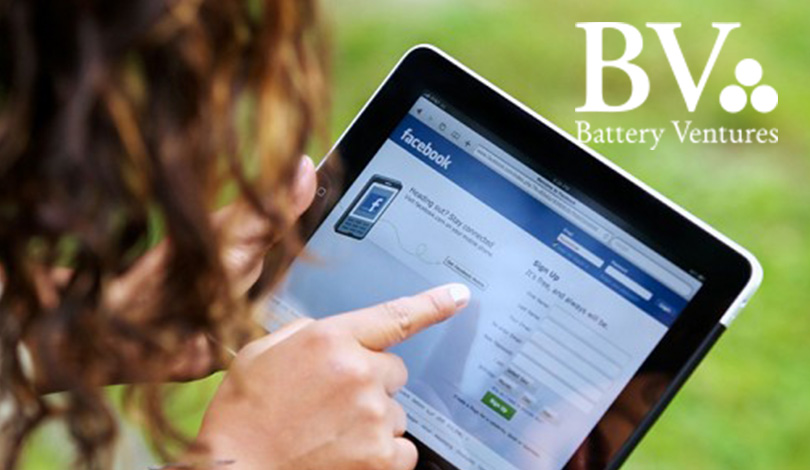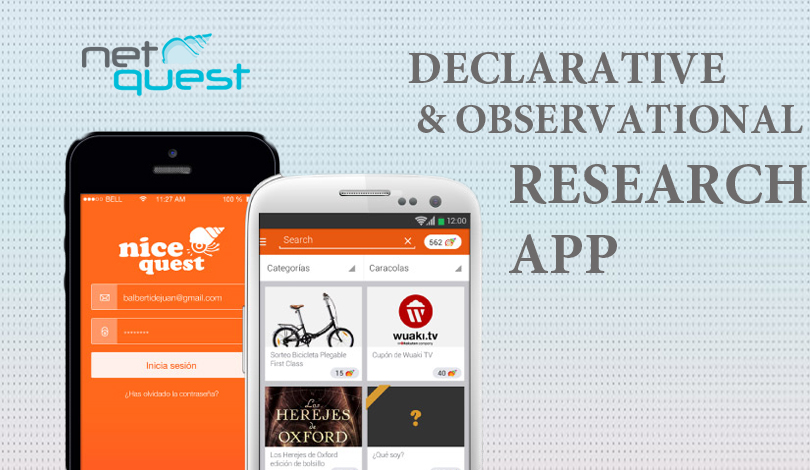Survey Shows Facebook Remains Most Relevant Social Network for U.S. 20-35 Year Olds, Despite Privacy Concerns; Hillary Clinton Should Pay More Attention to Instagram
By Jonathan Sills
More millennials than you might think are abstaining from social media, though Facebook– thought by some to be losing younger users to newer social networks—actually boasts significantly more engaged, younger users than newer outlets like Snapchat, Instagram, and Pinterest.
That’s according to new research we commissioned from Ipsos, an independent market-research company, to learn how people aged 20-35 are actually using social media today, and to glean some lessons for marketers trying to reach this demographic on the Internet.
The research, which surveyed more than 1,000 people in this age group, also found significant engagement problems with younger users of Twitter, a company in the news lately for weak revenue growth and a CEO change.
Broad assumptions are often made about millennials and their use of social media—namely, that they use it a lot. Many obviously are. But our independent national survey, conducted in August and sampled and weighted to be reflective of the broader American population, shows not all young adults are selfie-stick carrying share-a-holics who only engage via Instagram and Snapchat. This means marketers, political pollsters and others looking to engage these young consumers online would be making a mistake by putting all their eggs in one basket.
Here are five conclusions we drew from our survey with implications for people trying to reach millennials online.
- A non-trivial subset of millennials opt-out of social media.
Twenty-seven percent of respondents to the survey use Facebook less than once a week, if at all, including 11% who don’t even have an account. And Facebook is by far the most popular social network among millennials: A majority (54%) of the survey’s respondents said they don’t have an account with Snapchat, and roughly four in ten say they don’t have accounts with Pinterest (41%), Twitter (39%) or Instagram (39%).
Why? When prompted, most of these social Luddites said of a given social network, “it doesn’t interest me”. Statistically speaking, millennial women are more likely to forgo Snapchat and Twitter. Millennial menare more likely to pass on Facebook and Pinterest. This should be useful information to brands and organizations active online, as many now encourage people to connect with them everywhere on social, listing all the services’ logos rather than culling them down or putting them in a more logical order. Instagram had 76% more active female users than Twitter in our survey, for example. But visit Hillary Clinton’s campaign website, and Instagram is listed fourth, Twitter second.
Along with those findings about gender, we found that Pinterest is a strong #2 to Facebook in terms of usage among women aged 20-35—perhaps not surprising, given the site’s utility for fashion, home décor, food and weddings. Nearly three quarters of this demographic has a Pinterest account.
- Facebook still rules the roost.
Among the more than a thousand 20-35 year olds surveyed, Facebook had about three times as many account holders who said they used the service at least once a week compared with Snapchat. Facebook had about 2.75 times as many of these account holders as Pinterest, and roughly 2.5 times the number of frequent users on Twitter.
Instagram (which Facebook owns) was closest to Facebook in terms of active usage. Pinterest is more female-skewing, but based on the survey results, still delivers half the active female audience in the age range we surveyed. Snapchat resonates more strongly with 20-25 year olds, but still has only about half the active user penetration of Facebook among that early 20s audience.
Want to reach active users who make under $50,000 a year in income? With a college degree? Non-Caucasians? Facebook simply has more of all these groups using the service actively, by a wide margin. In terms of active usage, Instagram stands above Snapchat, Pinterest and Twitter. We suspect that may have something to do with the quality of the engineers and product team dedicated to engagement at Instagram.
- Grouping all millennials together into one group is a mistake.
Instagram and Snapchat usage varies significantly with age. Twenty to 25 year olds are far more likely to have an account than those aged 26-30, as well as those ages 31-35. To lump all millennials together as one group rather than segmenting out the youngest segment–20-25 year olds–would be a mischaracterization, and a mistake for marketers. Both Mountain Dew and Audi have run campaigns on Snapchat. Given the propensity of young millennials (vs. all millennials) to use Snapchat, promoting soda seems like a better bet than luxury cars.
Another finding from our study was how having children in one’s household affects millennials’ use of various social networks. While Americans are starting families later these days, once they decide to do so, it’s more likely that they’ll use Pinterest and Twitter for social activity. Having an account on Facebook and using it more than once a week is also more common among users with children in their households. (Which may explain all the baby and first-day-of-school pictures you see from your friends on Facebook.)
- Concerns about privacy, trust, and security are more prevalent among those who choose not to use Facebook.
While “doesn’t interest me” was the most common reason cited by 20 to 35 year olds who said they did not participate on any of the five main social networks we studied, concerns about privacy, trust, and security are more prevalent among those who are not on Facebook.
Looking at the raw survey data, Facebook was the only social network in our survey that had as many respondents reporting they “used to have an account but cancelled it” as never having had an account in the first place.
The privacy policy pages on Snapchat, Instagram, Pinterest and Twitter all look like standard legal documents found online. Facebook, by contrast, has made significant investments in a clearer and more thorough user interface. As the most prevalent and mature social network, the company is probably under the most pressure from various interest groups to do this, but it seems to indicate a deeper level of commitment to explaining and addressing how Facebook approaches privacy.
- Twitter has engagement issues right now relative to the other four social networks in our survey.
More millennials report “I have an account but rarely/never use it” (19%) for Twitter than the other four named social media sites, and 8% say they used to have a Twitter account but cancelled it (statistically significant compared with Facebook, Pinterest and Instagram, and the highest percentage of self-reported account cancellation).
Those who do not have a Twitter account are also more likely than non-users of other sites to say that they do not have an account because they find it “confusing and annoying to follow” (17%), particularly compared to those who do not have accounts with Snapchat, Pinterest or Instagram (10%, each).
Some closing thoughts
When we read headlines such as “2 dozen millennials explain why they’re obsessed with Snapchat and how they use it”,and conferences focused on marketing to the millennial generation feature names like“Share.Like.Buy”,it’s easy to understand why most people think millennials are all regular social-media users. But our survey shows that the reality is more nuanced. I’ve written in the past about the power of coupling traditional with digital media in attacking growth, and how iPhone and Android users differ in more ways than you might guess. In this case as well, a more granular investigation of attitudes and usage could yield insights for marketers looking to shape opinion or motivate action through social media.




















